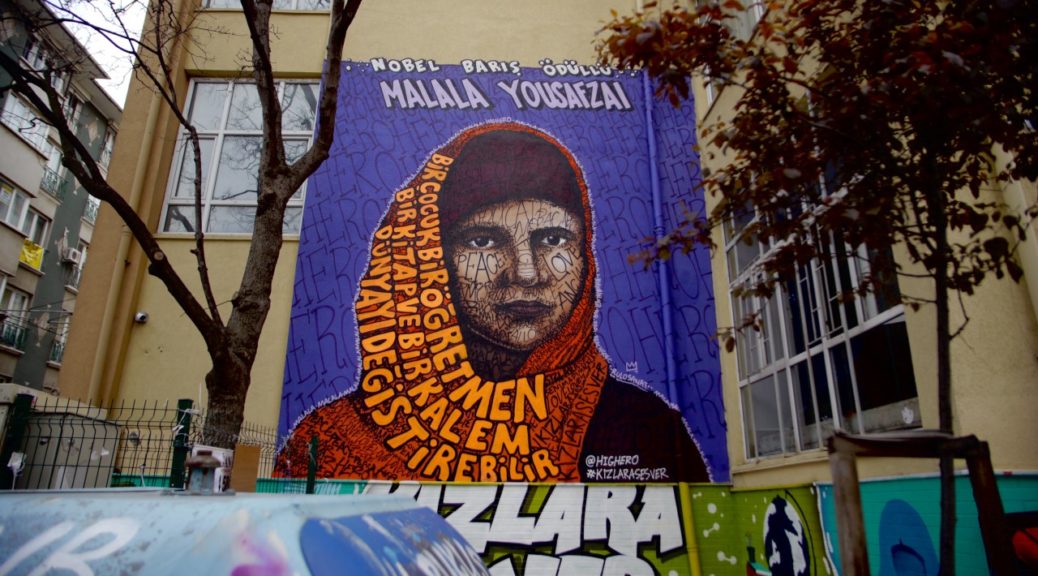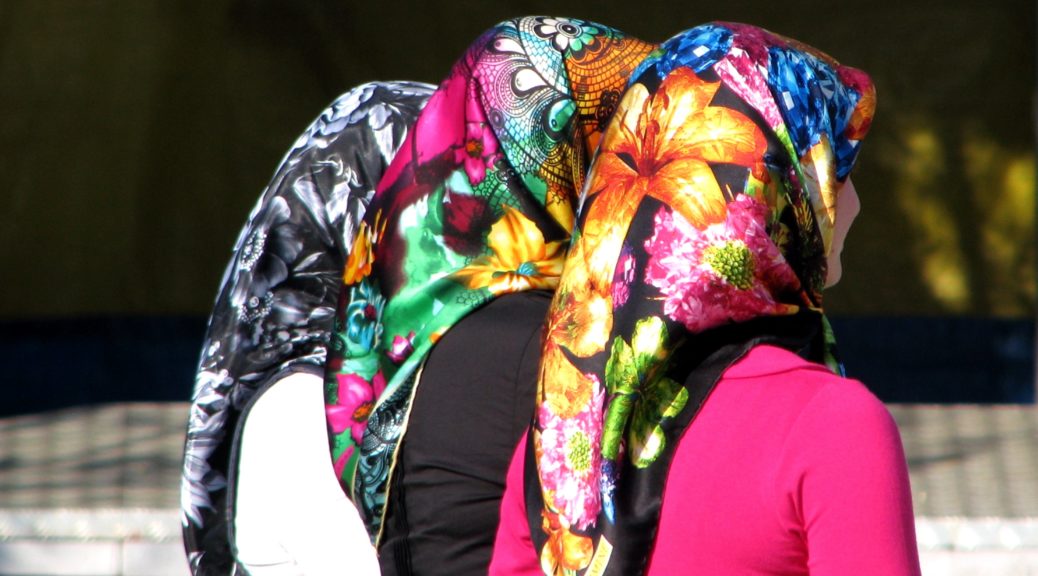By Meghna Sathiapalan
Imagine being on the hit-list for one of the most ruthless organizations in the world. Now imagine being a fourteen-year old on that list, a young girl fighting for female education in rural Pakistan. How would you react to being targeted for speaking up about the lack of education, what some would call a basic human right?
During an interview with Jon Stewart, former host of The Daily Show, Malala Yousafzai, a young Pakistani girl who actually had to survive the hypothetic question above, gave the following answer:
“I started thinking about that and I used to think that the Talib would come and he would just kill me, but then I said if he comes, what would you do Malala? Then I would reply to myself, Malala just take a shoe and hit him, but then I said, if you hit a Talib with your shoe, then there would be no difference between you and the Talib. You must not treat others with cruelty, you must fight others, but through peace and through dialogue and through education. Then I said I would tell him how important education is and that I even want education for your children as well and I would tell him, that’s what I want to tell you, now do what you want.”
This quote not only left Jon Stewart speechless, but also enticed me to read more about this amazing girl. I learned that, after posting on a global forum about being restricted from going to school, the Taliban actually threatened to kill Malala for her simple words. Her first instinct was to fear for her parents’ safety because, as she later mentions in her interview, she didn’t think any group would be capable of killing a child. However, one day on her way to school, Malala’s bus was stopped by Taliban militants who swiftly boarded and demanded for the kids to reveal which of the bus-riding girls was Malala. In terror, a few of the child passengers looked hesitantly at Malala, at which point one of the militants walked up to her and shot her in the head.
Continue reading Malala – A Beacon of Hope and My Inspiration

